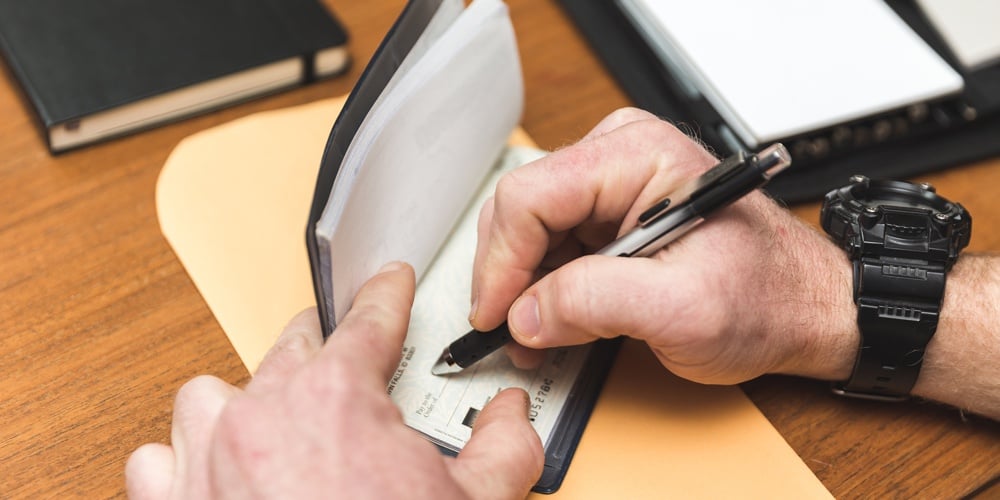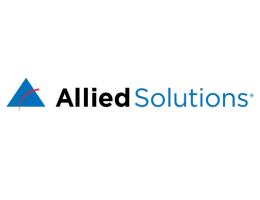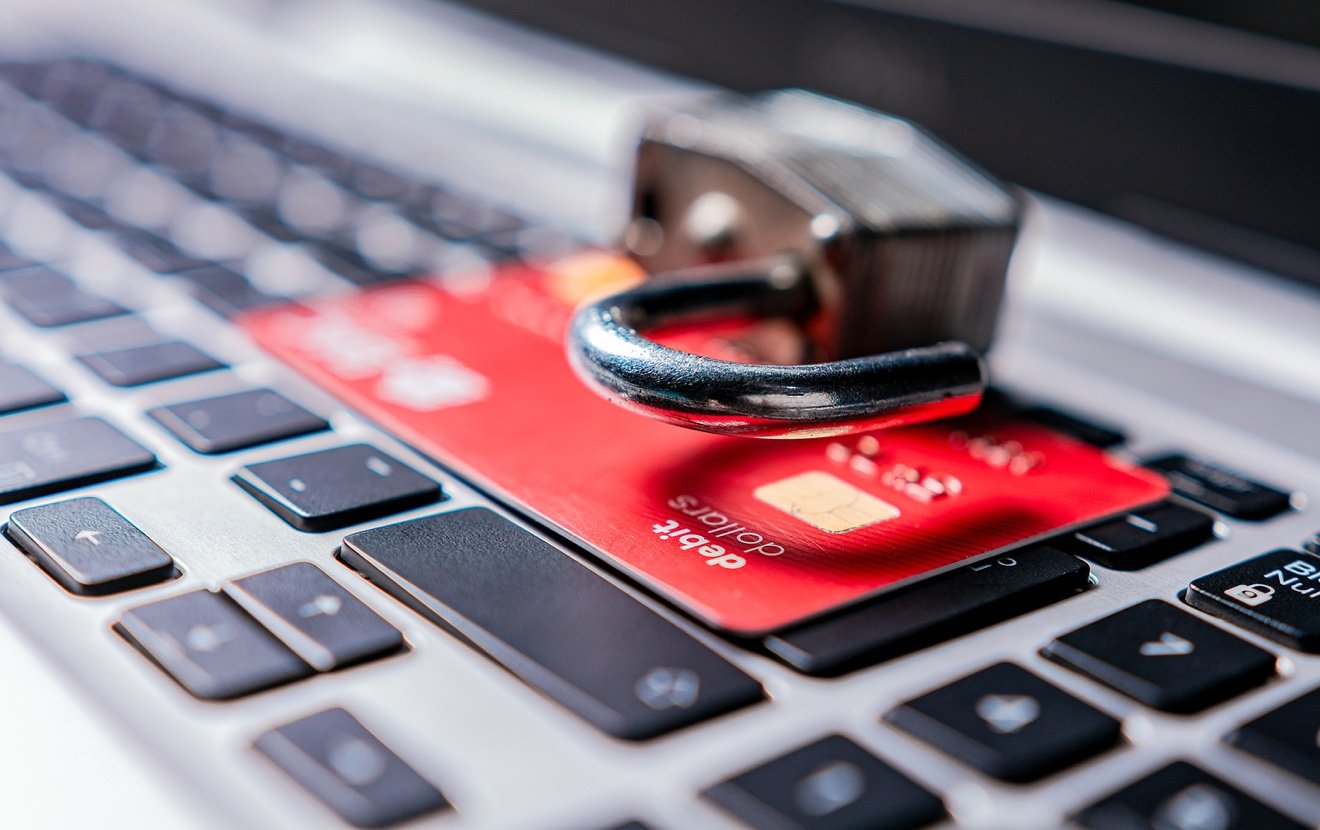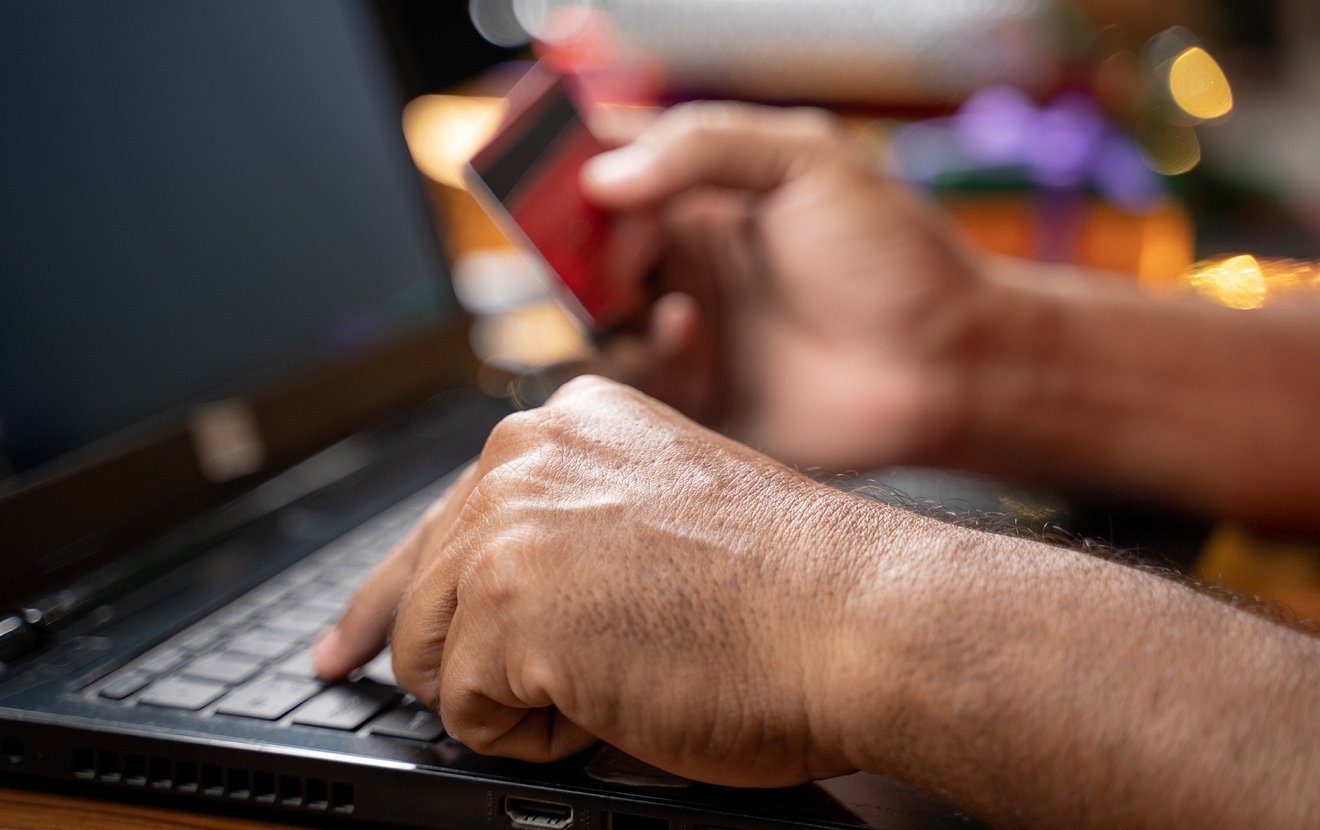Reports of counterfeited consumer and business checks continue to pour in from financial institutions across the nation.
Counterfeit check fraud results in two types of risk exposure:
- Exposure to the depository financial institution
- Exposure to the clearing/settlement financial institution.
Review the following checklists to prevent your risk of exposure when your financial institution is seated in either one of these roles.
Check Deposit Fraud Prevention Checklist
If a consumer successfully deposits and withdrawals funds on a counterfeited check, the depository financial institution will incur the loss once the check is returned by the financial institution that appears to have issued the fraudulent check.
Follow these recommendations to reduce your exposure to counterfeit check fraud in circumstances where you are the depository financial institution:
- Perform teller trainings on ways to identify a counterfeit check.
- Ask your tellers to consult with consumers on where and how they received suspicious looking checks, as their response may point toward an attempted scam.
- Consider investing in a fraud prevention tool that catches and reports potentially counterfeit checks at the time of deposit, such as TrueChecks offered by Advanced Fraud Solutions.
- Review your Remote Deposit Capture policies and watch for any suspicious checks being deposited.
- Place a hold on the check until the funds are made available from the check issuer to avoid having the check returned as fraudulent.
- Amp up consumer fraud education efforts during the holidays, as scams spike during this transaction-heavy time of year.
- Advise your consumers to be especially cautious when performing transactions online, especially when one or more of the following warning signs are present:
-
- A message contains poor grammar and spelling
- There is a sense of urgency in the message
- The buyer advises they wish to purchase something from the individual on behalf of a client
- The buyer requests a home address to pick up the purchase
- The payment is sent as a cashier’s check or money order for an amount more than the listed price with the request that the remainder be wired back to the purchaser
- Advise that consumers never accept a check from a person/business they do not know.
Check Clearing/Settlement Fraud Prevention Checklist
If you clear a counterfeit check that appears to have been issued by your financial institution, your institution may incur the loss after the check has been deposited and the funds have been withdrawn.
Follow these recommendations to reduce your exposure to counterfeit check fraud in circumstances where you are the clearing/settlement financial institution:
- Ensure that your check clearing/settlement processes include the following measures:
- Verify that each check number is valid and that the amount matches what is in the system.
- Kick out checks as an "exception" if the check number is invalid or has already cleared.
- Manually review the amount and the payee for any checks that are kicked out as exceptions.
- Consider employing ‘Positive Pay’ in your clearing/settlement processes to deter check fraud. This automated tool matches your issued checks with those presented for payment to validate their legitimacy. Any checks that don’t match are considered to be potentially fraudulent and are sent back to your financial institution to examine before rejecting or clearing the payment.
- Confirm you have a process in place to have the check returned to the depository financial institution as fraud if it is a check your financial institution did not issue/write.
- Reconcile all official/cashier checking accounts daily.
- Ensure the appropriate employees are trained on how and when to use check fraud prevention tools.
Network and share this information with other financial institutions so we can get a better handle on what active fraudsters are up to and work together to continue to combat fraud.
Sign-up for Allied Solutions’ newsletters to receive ongoing fraud & security risk education:
Contact Allied Solutions to receive more risk education and support.








